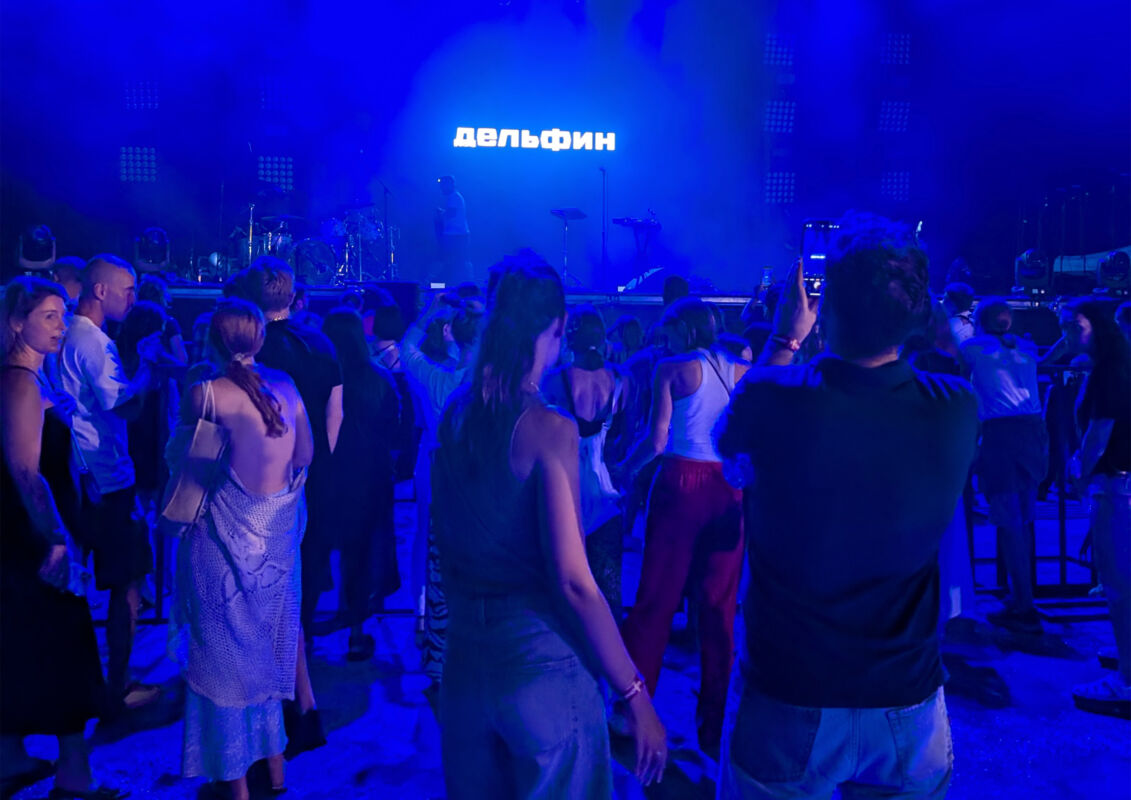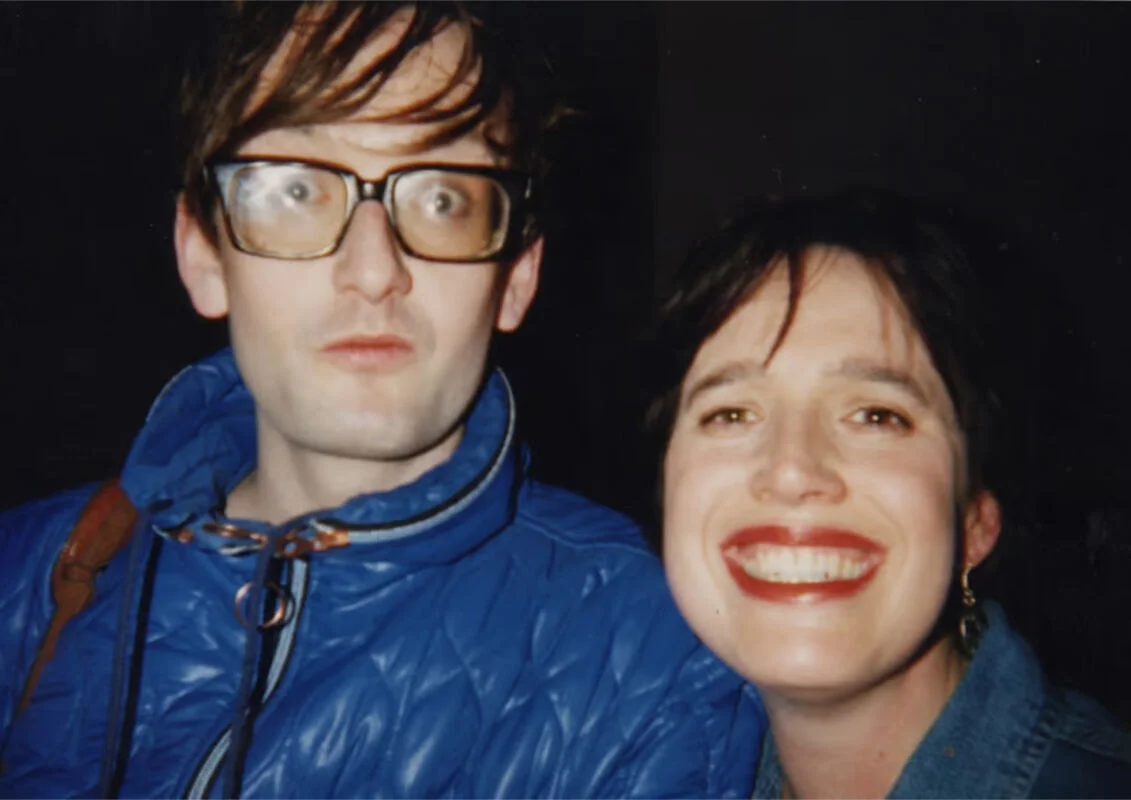
Being punk in early 1980s Hungary was more than just a fashion statement. Looking stylish as hell never hurts, though, especially when your enemy is omnipotent state control. In those years, Eastern Bloc countries were thirsty for the fractured, rage-ridden themes of English and American bands like the Sex Pistols and the Dead Kennedys. In those foreign screams, young Hungarians understood an echo of their own frustrations and a dark reassurance that even life in the democratic West was as despondent as the situation at home. And in a political climate where having fun and playing music with your friends can earn you a jail sentence, innocuous activities quickly become subversive statements.










Prolific photojournalist Tamás Urbán was in his mid-30s when he started documenting the punk scene in Budapest, but he was no newcomer to the underground. A staffer at Ifjúsági Magazin (Youth Magazine) since 1969, Urbán was the rare press photographer at the time who wasn’t restricted from covering some of the darker corners of Hungary’s so-called socialist utopia. From glue sniffers and juvenile prisons to crime scenes and the fall of the Berlin Wall, Urbán’s work was a clear critique of the socialist system. Not that everything he shot was published—most of these pictures weren’t seen until the 1990s.
At the time, anti-establishment punks were facing serious harassment by the police. In 1982, the members of the punk band CPg were tried and convicted of “political agitation” for their openly anti-communist lyrics and famously violent performances—seen as an assault on state authority. Most of the band served two years in jail for the offense.









Urbán’s photos expose his comfort with young people at the periphery of society. In underground clubs like the Black Hole, among nationalist skinheads or new wave party kids, his perspective is as consistent as it is empathetic.
💧 You might also like MICHAEL PUTLAND: FROM ABBA TO ZAPPA.
_________
Featured image via Tamás Urbán.



